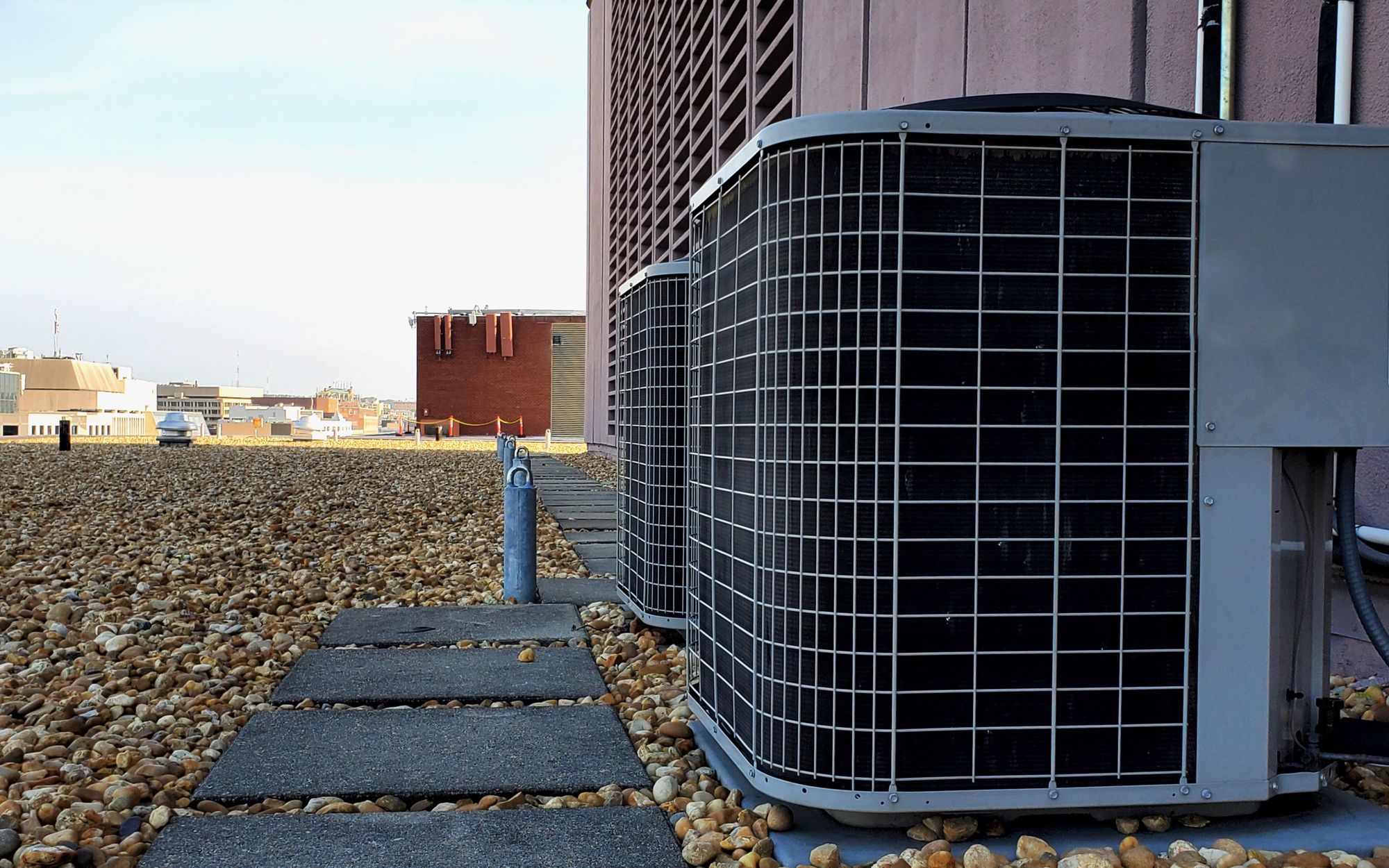As the summer heat beats down on an office and the winter cold freezes everything, people are likely dreaming of a perfect, fresh space for the summer or a warm and cozy space to relax. It can all be made possible with the help of an HVAC system. If there is no air conditioning unit or a heating system or a new one is needed, there’s no better season to bring one into the building. It also represents a necessary long-term investment in energy efficiency and indoor comfort for building occupants.
An HVAC system is a necessity these days, so there is a need to choose the right brand and model to efficiently beat the summer heat and the winter chill. More often than not, people purchase an air conditioner or a heater without doing actual and proper research, thus failing to get a suitable system for their needs. Choosing a new HVAC system can be a complicated process that requires just the basic knowledge of equipment function, efficiency standards, and individual heating and cooling needs.
So, here are major factors to consider to manage the decision the right way.
Budget
Of course, the first thing to consider is to purchase the least expensive AC systems to save costs. However, buying costlier units will prove to be more cost-efficient in the long run. These units help in lowering electricity bills and consume only a limited amount of energy.
Quality
Although the cost factor plays a major role in choosing an HVAC system for residential or commercial buildings, the unit’s class to be invested in should also take into account. At the onset, ensure the investment in a high-quality system to avoid doing repairs regularly or frequently replacing the units.
Sizing
Ensure the AC unit is a suitable size and is for easy installation at any desired location. Why is this a huge factor? If the AC is too small, there will be a need to run it continuously and result in higher consumption of energy. On the other hand, if the AC system is extensive, it will quickly cool the air, and the on and off-cycle will be extremely fast, thus it will not be able to dehumidify the air adequately. Knowing the size of the necessary AC unit will also help determine the HVAC access door and panel that should be in place to allow easy access to the system during maintenance.
Efficiency of Ductwork
Before installing an AC system, there is also the need to ensure that the ductwork is in good condition. Sealing the joints is also essential so that cold air stays in the room. Old or inefficient ducts tend to leak up to 20% of cool air into the environment.
Energy Consumption
To decrease the electricity bill, make sure to purchase an energy-efficient AC system. Always check the energy-efficiency rating (EER) to identify the most cost-effective solution. The higher the classification of the system, the more energy efficient it is. Energy-efficient units are suitable for the environment because they don’t emit harmful heat gases in the background. There are even functions such as sleep settings, variable fan speed and digital temperature controls in modern AC units.
Durability
Choosing a durable AC system is also essential to reduce the need for frequent repairs or replacement. Get professional advice by contacting a professional HVAC company to compare different brands and models and help in purchasing the most durable item in the market. Remember, a durable unit will help save costs in the long run.
Installation
The best location for the HVAC system is a place where it can efficiently keep the room cold. Additionally, AC’s condenser should be kept in a shady space because keeping it in overly bright areas can affect the system and even overheat it. When this happens, it will not be able to cool the room as required, and it might also need frequent maintenance.
Add-ons
Lastly, it is also essential to keep in mind that an existing AC unit can have additional equipment. For instance, one can upgrade the indoor unit with a heat pump that will allow it to work as an air conditioner and a heater.
In summary
Installing a new HVAC unit can provide more comfort indoors and add value to any property. Doing research and considering these critical factors can ensure a wise investment is made in any building.







